Top EU diplomat: Sanctions lifting commitments to Iran under JCPOA still in place
European Union foreign policy chief Josep Borrell has reiterated his resolve to preserve the 2015 nuclear agreement between Iran and world powers, emphasizing that all sanctions lifting commitments under the deal persist despite US attempts to the contrary.
Speaking Wednesday at the European Parliament plenary debate on Iran, Borrell said the Joint Comprehensive Plan of Action (JCPOA) is “in our very own European security interest” and “continues to deliver.”
He also expressed regret over the US departure from the JCPOA in May 2018 and subsequent re-instatement of severe sanctions against Iran, noting that the full implementation of the multilateral accord remains crucial to salvage efforts.
“I want to be clear: As Coordinator – because the High Representative acts as coordinator of the JCPOA – I will continue to do everything possible to ensure the preservation and full implementation of the nuclear deal by all parties,” the top EU diplomat said.
“I think that this achievement of the European Diplomacy, which took a lot [of] efforts from a lot of people, from Javier Solana [former High Representative for the Common Foreign and Security Policy and Secretary General of the Council of the European] to Ms Federica Mogherini [former High Representative of the Union for Foreign Affairs and Security Policy and Vice-President of the European Commission], deserves to be preserved,” he added.
Borrell also stressed that Iran is the most monitored country in the world by the International Atomic Energy Agency (IAEA) with now almost 400 inspections per year.
Following its unilateral withdrawal from the JCPOA, the US unleashed the so-called maximum pressure campaign against Iran and targeted the nation with the “toughest ever” economic sanctions.
Washington has also been pushing to dissuade the other signatories from remaining in the deal.
In September, the administration of US President Donald Trump tried and failed to trigger the so-called snapback provision in the nuclear deal aimed at re-imposing UN sanctions against Iran.
The United Nations Security Council (UNSC) member states — including the remaining signatories to the Iran deal — challenged Washington’s rationale that it was still a participant state to the JCPOA, citing its withdrawal from the nuclear agreement.
A month earlier, the Trump administration had suffered yet another embarrassing loss as it failed to keep the UN arms embargo in force against Iran through a resolution at the UNSC. The ban will be lifted on October 18 under UNSC Resolution 2231, which endorsed the JCPOA.
Elsewhere in his remarks, Borrell referred to the US efforts to bring back UN measures against Iran, saying such approach was rejected by almost all UNSC member states and thus all sanctions lifting commitments under the agreement remain in place.
“Here I want to be very clear also, once more: bringing back these sanctions would have meant the end of the JCPOA. 13 members of the Security Council, including all European members, rejected this approach and underlined the importance to keep the agreement in place – this way supporting the understanding that the US is no longer part of the JCPOA because they freely decided to withdraw from it,” he underlined.
“They were also very clear that – after leaving the agreement in 2018 – the United States was not in a position to initiate the so-called ‘snap back’ process of bringing back United Nations sanctions under the UN Security Council resolution 2231. As JCPOA Coordinator, I thus want to reiterate that all sanctions lifting commitments under the agreement remain in place.”
In recent months, Washington has tightened its illegal sanctions against Iran, defying warnings from Tehran and international human rights organizations that the restrictions are severely hampering the Iranian health sector's fight against the coronavirus pandemic.
The EU foreign policy chief further underlined the need to boost trade with Iran, saying sanctions should not obstruct humanitarian support for the country amid the virus outbreak.
“We keep strongly advocating together with the UN Secretary General [Antonio Guterres] that sanctions must not impede humanitarian trade. Together with European Union member states we also keep looking at ways to encourage more legitimate trade between the EU and Iran, including through INSTEX [the Instrument in Support of Trade Exchanges]. But we need to do more,” he pointed out.
Under US pressure, Europe has so far been unable to deliver on its contractual obligation to undo the negative impact of Washington’s sanctions.
The US withdrawal and the ensuing European failure to protect its business ties with Tehran prompted Iran to suspend parts of its commitments under the deal.
The Islamic Republic, however, says the measures will be reversed as soon as the Europeans manage to neutralize the American bans and restore the lost balance to the JCPOA.
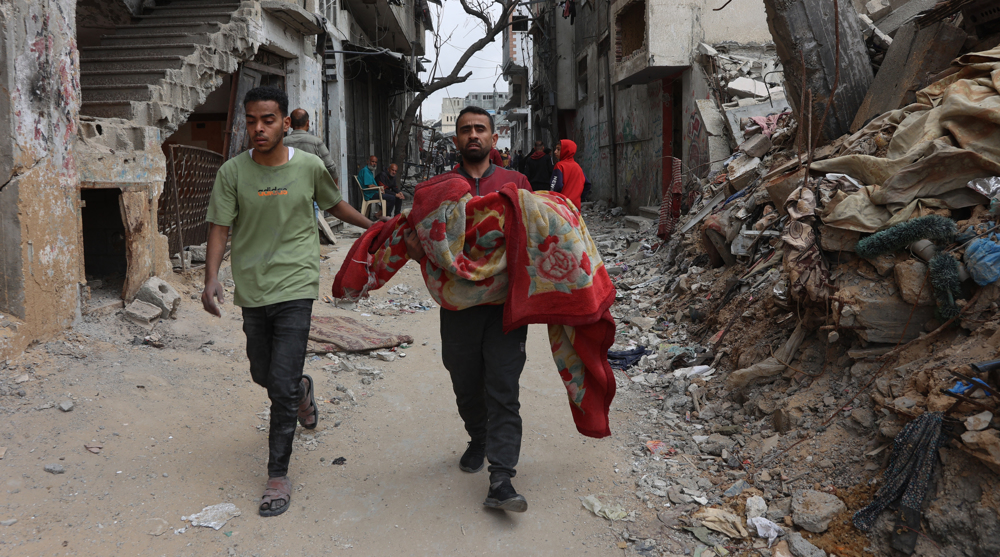
Iranian, Egyptian FMs urge swift end to Israeli crimes in Gaza
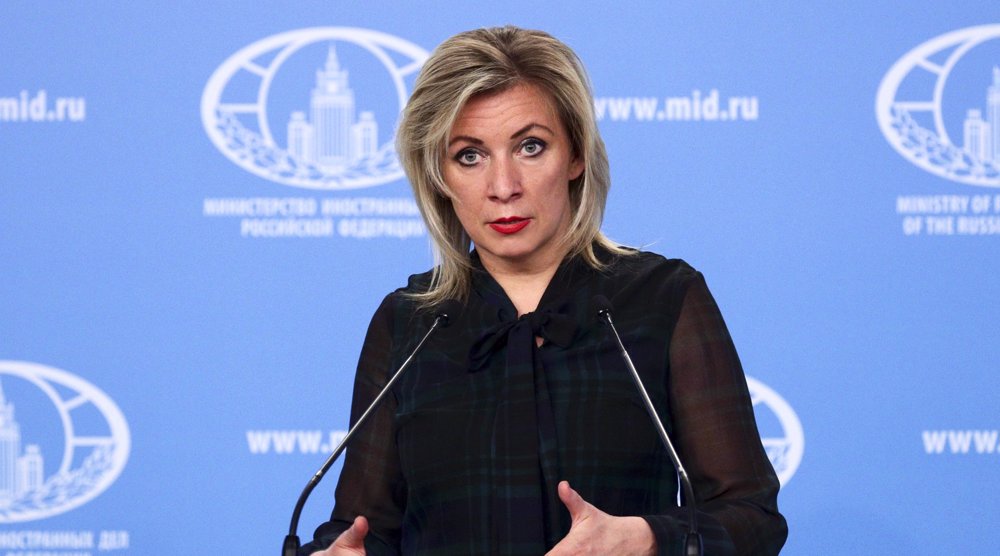
World growing tired of endless threats against Iran: Russia
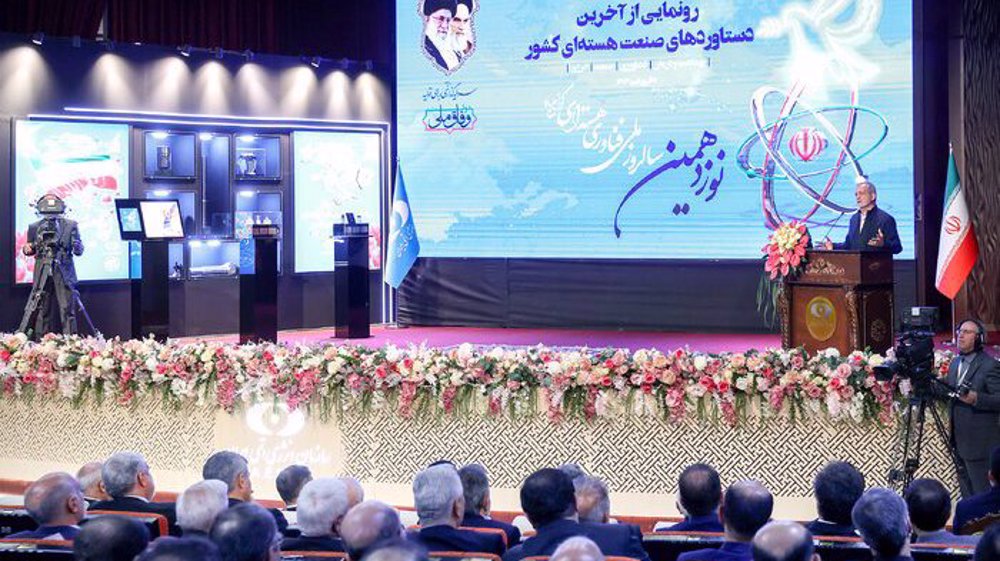
Pezeshkian: Iran will never compromise on nuclear achievements
1,000 Israeli aircrew defy threat of sack to urge end to Gaza war
Trump decimates US healthcare
MP: Hezbollah weapons ‘internal matter’ amid US pressure to disarm
Iraq's Kata'ib Hezbollah: Disarmament reports 'lies and fabrications'
Panama rejects Pentagon chief's idea of US bases on its soil
Three civilians killed in Sana'a as US intensifies airstrikes on Yemen
Iranian, Egyptian FMs urge swift end to Israeli crimes in Gaza
VIDEO | Press TV interviews Iran deputy FM on nuclear program, sanctions relief










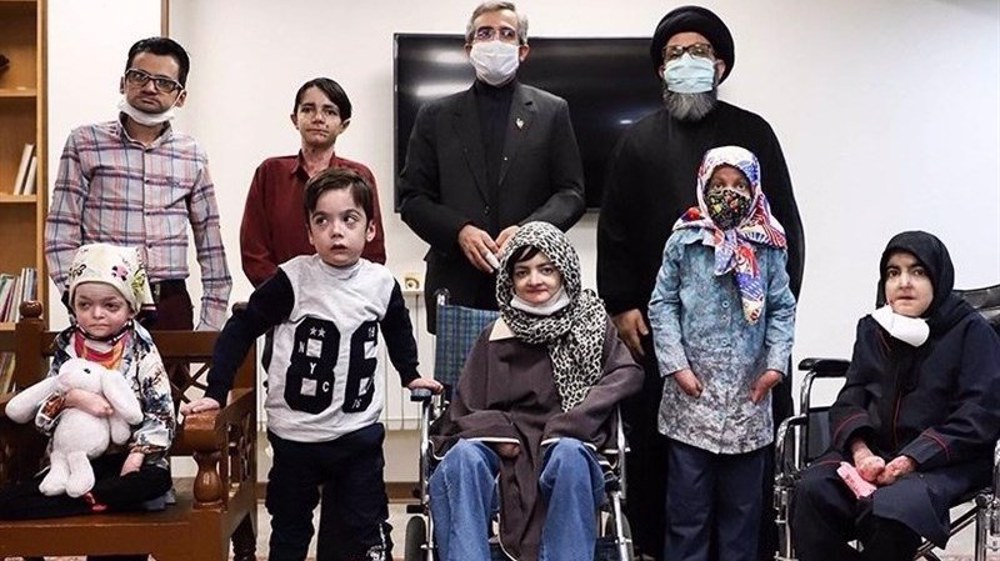
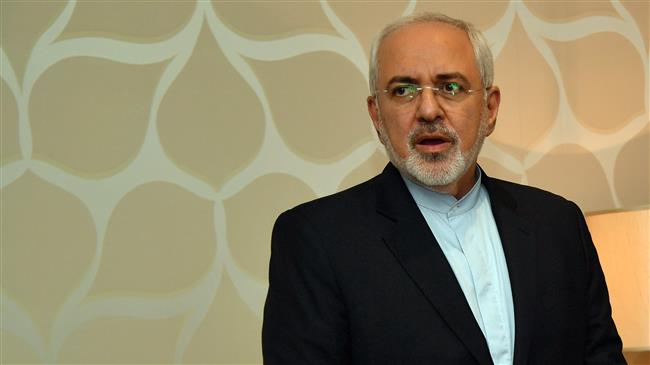
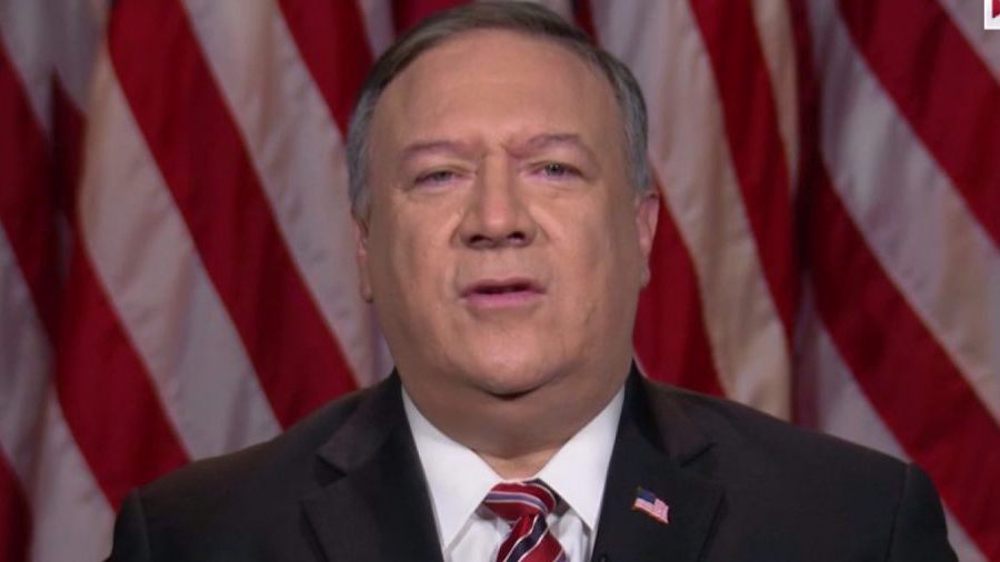



 This makes it easy to access the Press TV website
This makes it easy to access the Press TV website